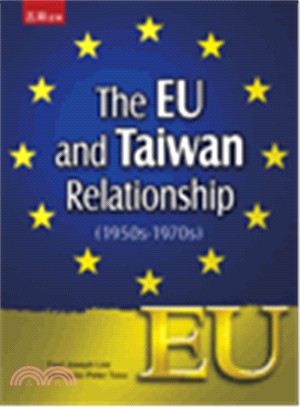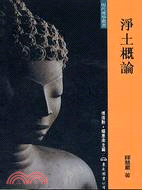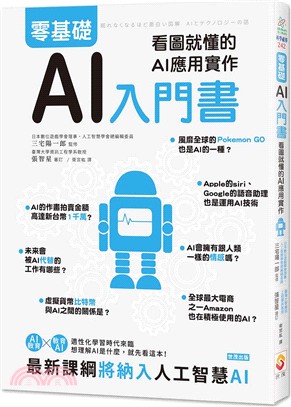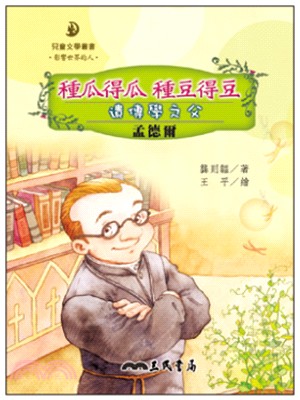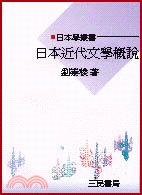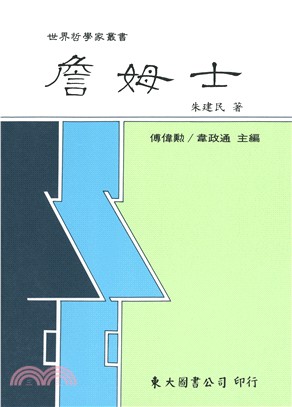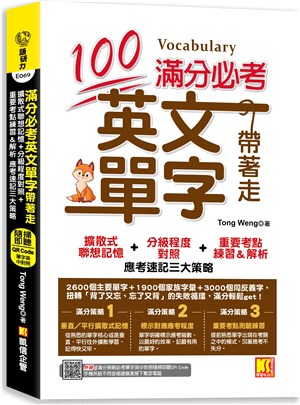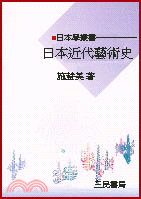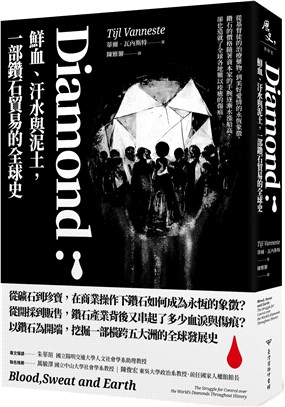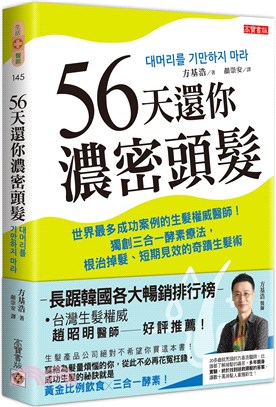商品簡介
作者簡介
Dr. Chong-ko Peter Tzou (鄒忠科)
PhD of Vienna University,Austria.
Present position is Professor of Graduate Institute of European Studies, Tamkang University, Taipei, Taiwan, was the former Director of Graduate Institute of European Studies and European Union Center Studies of Tamkang University.
His subjects are European Integration, European Union, European External Relations.
As Visiting Professor, has been in many European, American and Asian Universities, for example Vienna University, Mainz University, Munich University, Oxford and Cambridge University, First Rom University, UCLA, American University , Tokyo University, Waseda University ,Seoul University and Moskau University, etc.
Dozens of books and articles of European integration, European Union , European affairs and European External Relations, had been published. Such as” The History of
European Union”, and” The Higher Education Integration in the EU and the Major Trends of the World Higher Education in the 21st Century”, etc.
Current research interest: Taiwan-EU Relations, The EU Energy Policy and Environmental Protection , the European Transitional Justice and Taiwan.
Dr. Paul Joseph Lim
Paul Joseph Lim is now a pensioner but since the 1 April 2013 is a Visiting Fellow of the Ministry of Foreign Affair of the Republic of China, Taiwan, hosted by the European Union Centre in Taiwan at the National Taiwan University.
Until December 2012, he was Professor and Head of the Centre for European Studies in the Institute for Occidental Studies (IKON), Universiti Kebangsaan Malaysia which he joined in 2010. He had served 5 years in Universiti Sains Malaysia (2002-2007) as Coordinator of the European Studies Programme. The rest of his employment history had been as a Co-Founder of the European Institute for Asian Studies (EIAS), Brussels, in 1989 and becoming its Research Coordinator and lastly its Acting Deputy Director between 2007 and 2010. However, he has also been a Political Adviser for Asia with a political group in the European Parliament in the late 1980s and 1990s.
He obtained his Licence and Doctorate at the Université Catholique de Louvain, Belgium.
As a researcher, Dr. Lim’s focus is on the European Union’s External Relations, in particular, with Asia in its different facets.
His latest publications in 2013 were “European Union’s Statements on Asia security” in “Strategic Vision for Taiwan Security”, Volume 2, Issue 10, August 2013, magazine of the Center for Security Studies, Institute for International Relations, National Chengchi University, “The European Union’s cooperative relations with Asia with a look-in on: Disturbances and Regional Challenges in East Asia” in the Tamkang Journal of International Affairs, Volume XVII, No. II and “What has ASEAN offered or could offer to the European Union in their relationship” in ASEAN Outlook, December 2013, No. 008, publication of the Taiwan ASEAN Studies Center of the Chung-Hua Institution for Economic Research.
His Fellowship in Taiwan in his retirement is researching and writing a book on Taiwan-EEC/EEC-Taiwan Relations in the 1970s in cooperation with Prof. Chong-ko Peter Tzou which will be published in Taiwan in 2015.
目次
Preface
Acknowledgement
Introduction
Chapter I: The European Communities’ relations with the ROC (Taiwan) in the 1950’s and 1960’s
Chapter II: The PRC looms over the EEC’s relations with the ROC and the impact of the ROC’s departure from the UN in 1971 on this relationship with the EEC to the end of 1975
Chapter III: The beginnings and establishment of relations between EEC’s Member States and the PRC culminating with EEC itself and the PRC in 1975
Chapter IV: From diplomatic relation to a trade agreement in 1978 while Taiwan fades away politically and faces further import restrictions and anti-dumping
Chapter V: From EEC-PRC Trade Agreement to the EEC-PRC Textile Trade Agreement in 1979 and continued imports restrictions on Taiwanese products
Conclusion to the Chapters
書摘/試閱
INTRODUCTION
The focus of this first volume is the EEC’s relations with the Republic of China located in Taiwan covering the period of the 1950s to the 1970s but particularly the 1960s-1970s in the context of the People’s Republic of China coming onto the world stage based on archival materials collected from the Archives of the European Commission and the Council of Ministers. The authors let the archives speak, so to speak; hence, the extensive archival references at the end of each chapter. In setting this time period, the authors in this volume have chosen to relate the story in a chronological order as far as possible. The advantage of this approach is that it gives a kind of “daily life”, dynamism of the relations between both sides as issues and events unfold. Gaps in re-counting what happened required the use of two secondary sources on trade ties especially for the early years of the 1950s and 1960s.During this time period with its economic and political dimensions, the crux is state recognition, diplomatic relations and trade relations. Starting with the Montevideo Convention on the Rights and Duties of States of 1933a State is defined as follows: “The State as a person of international law should possess the following qualifications: a) a permanent population; b) a defined territory; c) government; and d) capacity to enter into relations with other states.”1 However, fulfilling all the criteria for statehood does not automatically mean that other states will grant recognition. Granting state recognition is at the discretion of states affected by political considerations and vested interests.
主題書展
更多書展本週66折
您曾經瀏覽過的商品
購物須知
為了保護您的權益,「三民網路書店」提供會員七日商品鑑賞期(收到商品為起始日)。
若要辦理退貨,請在商品鑑賞期內寄回,且商品必須是全新狀態與完整包裝(商品、附件、發票、隨貨贈品等)否則恕不接受退貨。




